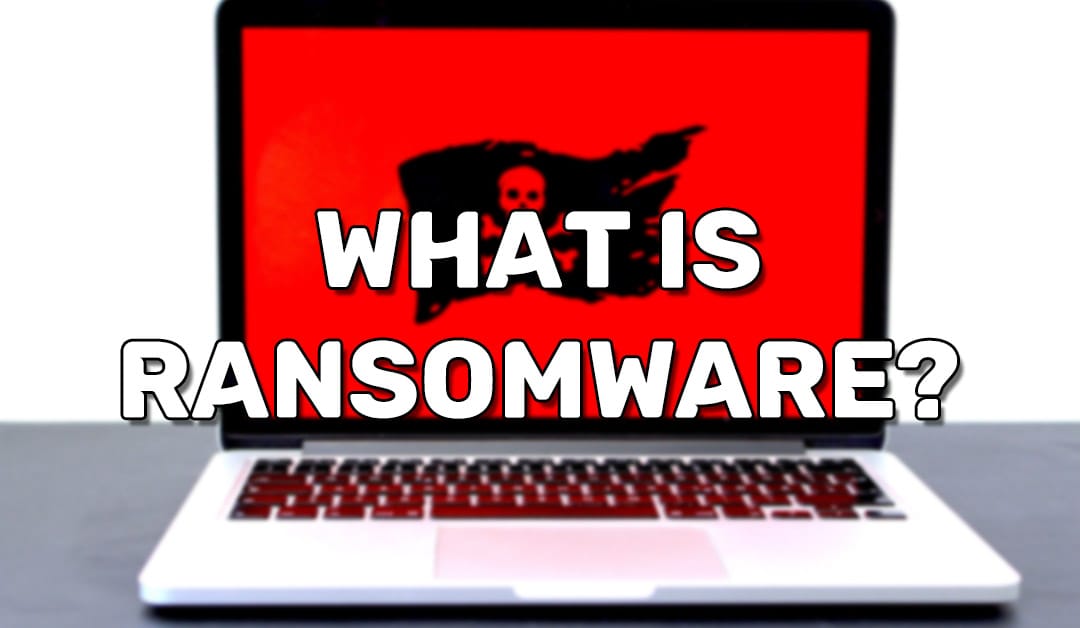What is Ransomware?
Ransomware is a type of malicious software that holds your computer's files at ransom. Hence "ransom-ware". To get your files back, you will need to pay for them.

How does ransomware work?
Ransomware can be activated simply by running untrusted software. Once the ransomware installer has been started, it will start to employ asymmetric encryption on your files. Encryption is a way of scrambling data, which makes data unable to be read properly. Encryption is used by banks and websites to protect your information. To break encryption, you will need the correct key or password. Only the attacker will have the key/password. It is incredibly unlikely that you will be able to brute-force your way in.
How do I get rid of ransomware?
Trying to figure out how to remove any kind of malware is often a complicated task. Anti-malware tools are not fully reliable as new kinds of malware methods are released all the time. Personally, if I ever get affected by malware, I do not think it is worth trying to run a hotfix. Instead, you should try to factory reset your computer. This should almost guarantee that any remnants of the malware are erased. Unless it is installed even deeper onto your computer.
How can I avoid getting ransomware?
Be careful of what you download. Only download professionally created software from their official source. Don't open files sent by random people online. Be sure to have an anti-virus actively scanning on your computer. These are the same tips I say for any kind of malware.
Should I pay the ransom?
This boils down ultimately to your preference. Here are a few points that may help you decide.
- Paying a ransom tells the hacker that you're susceptible to such behavior. You may be made a repeat target.
- You can't be completely sure if you'll get your data back. This is a malicious attack. Who is to say the attacker will honor their part and unlock your files. Maybe a glitch will occur and you don't receive your file unlock key. It is unlikely that the attacker offers customer support.
- If you pay, you will be supporting the attacker's involvement in holding other people's data for ransom.
How can I report ransomware?
The US government actively combats ransomware. If you have any information, you should report it to the government. You may even be able to receive personalized help to tackle your specific issue.